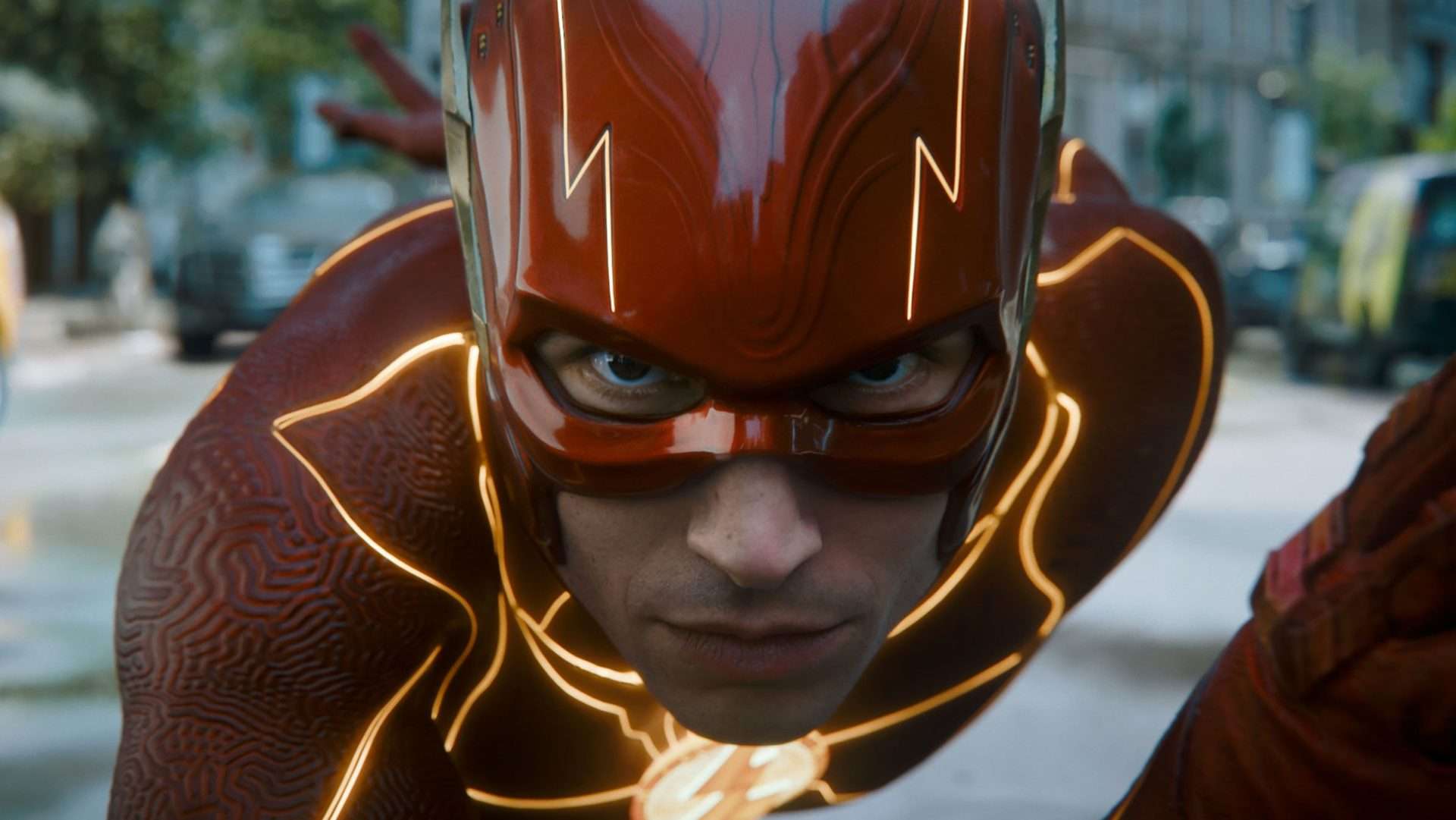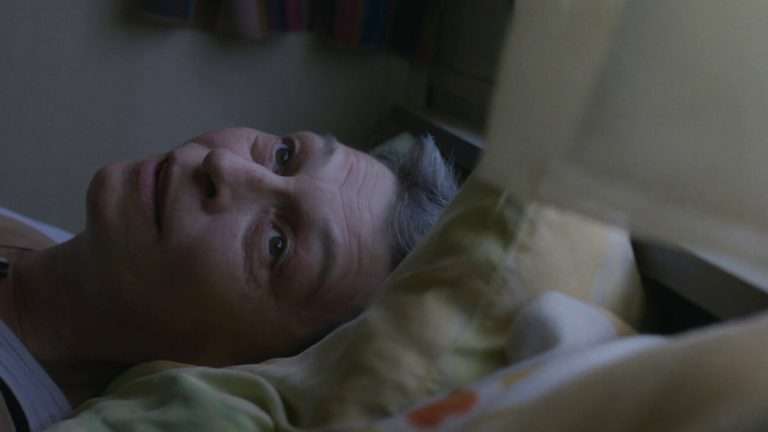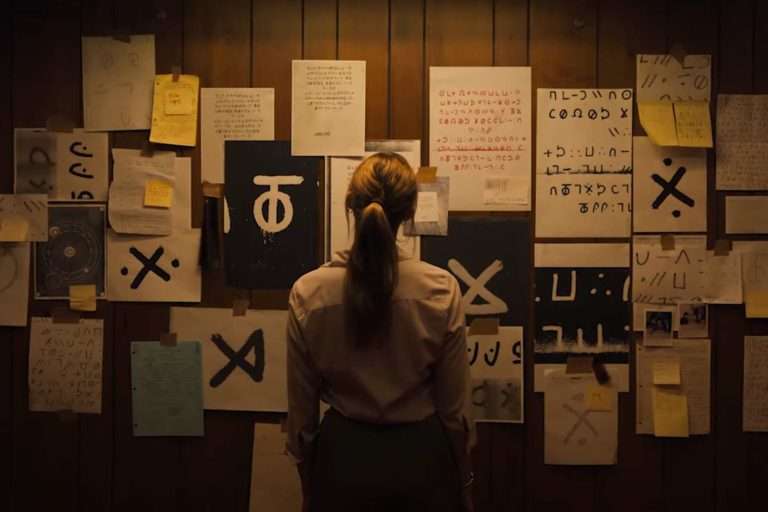The Flash (2023) Movie Review: In one of the early scenes, Batman admits his existence to be an outcome of unresolved childhood trauma and that he could have ended crime by ending poverty (like Bruce Wayne) than fighting as a masked vigilante. Batman is not only exposing the detachment of his mythology from reason but also revealing the character’s compliance with benevolent capitalism, an ideological alternative for American capitalists that protects their capital while rewarding them with the tag of a progressive.
In another scene from the trailer for Blue Bettle, another Warner Brothers film based on DC comics scheduled for an August release, Batman is called a fascist by a character supporting Blue Bettle. The two instances reveal how Warner Brothers, and similarly, all film studios, have picked up the woke language and have started using the same as currency to buy the intrigue and admiration of the young people who comprise the majority of their audience.
It is pathetic how the generation preceding us, the generation of conservative capitalists who derive their entire identity from the religio-national phenomena, views us as an empty, unpragmatic, jargon-throwing bunch of people lacking world wisdom and being too sensitive for any conflict. They fail to see the empathy underlying all our assertions and the love driving all our arguments. This is why it has been so easy for studio executives to think that throwing heavy words here and there, such as calling Batman a fascist is a brilliant marketing strategy.
To them, the dialogue captures the mood of the current generation and does no damage to the character they have been milking for ages. Such aforesaid instances are not self-reflexive but covert marketing propaganda to appeal to the audience without realizing that any form of recent outrage against the commodification of filmmaking by the studios in the form of superhero cinema or the criticism of superhero mythologies is merited by ideological substance. But nevertheless, such sequences are reflective of WB’s surveillance of its audience through social media. Why else would they have created and released Zack Snyder’s Justice League?
But let’s pull ourselves away from the grander scheme of things and come to The Flash. The Flash is a film for fan service, much like Marvel’s No Way Home. It is built without nuance but with ample sequences that respond to what DC comics fans are shouting for in sparsely spread social media threads. It all adds up because The Flash was supposed to be a flashpoint paradox event since its announcement. The event has already occurred in TV and an animation film.
While I have no idea about how it unfolds in the CW universe, the animated film Justice League: The Flashpoint Paradox (2013) packs a solid punch with its neat storyline and a more serious approach to retelling. The Flash (2023) was burdened with expectations, but at the same time, the noise around the MCU and the dismal character of DCEU diluted much of the expectations. The Flash was not exactly an awaited film, and Ezra Miller’s criminal behavior didn’t help either.

In the film, Barry Allen finds a way to save his mother from getting killed without interacting much with the timeline. Naturally, he manages to save her but lands in an alternate timeline closer to his own. It is revealed to him in this timeline that things have drastically changed, including the past. And all of it can be attributed to his intervention in the past. The film is about Barry Allen’s attempt to undo the damage he has caused by going back in time. And the challenge is that he cannot do so by going back in time again. He stands at a fulcrum from where everything is collapsing unto itself.
Plots around multiverse and theories of time have become an escape route for comic book films. It saves them from rediscovering moral and political challenges that arise from the existence of people who have extraordinary capabilities. The effort that goes into exploring the human condition and writing dramas built around grief, trauma, loneliness, and impoverishment for those who have surpassed the limits of human physiology is painstaking.
While the central conflicts are built on the aforementioned themes only, the exploration is exploitative, for they are always used as plot drivers and nothing more. Time and again, directors have tried to go beyond conventions, but only with Batman, who exists as an outlier in the grand cinematic narrative. The Flash is no anomaly. His tragedy is a plot driver for the flashpoint event, which isn’t a problem per se. On the contrary, it is imperative, much like what we see in Spiderman: Across the Spiderverse. The similarity in terms of inevitable intersections in the multiverse is uncanny. However, it is exactly what makes both The Flash and Across the Spiderverse different from all other films with narratives built on the multiverse.
Also, Read: ‘The Flash’ vs ‘Flashpoint’: 8 Differences
The inevitability of the canon event brings gravity to The Flash. But while Across the Spiderverse challenges predestination, The Flash succumbs to it. And this is what prevents it from becoming a great film. The Flash is injured by the theoretical mechanisms it employs for its narrative. Because while these mechanisms sound reasonable when explained by Bruce Wayne and by his means to the audience, they have ample window to allow the story any trajectory it wishes to take. The one that The Flash takes has an emotional payoff in the end, but it lacks creativity and serious moral challenges.
This is not to say that the stakes aren’t high in the film, for they are. Obviously, if the multiverse is on a collision course, you are made to feel the seriousness. But if the studios weren’t so obsessed with doing fan service, writers would have greater liberty and more potent source material to base their story on. The film, nevertheless, works without disappointing much. Some moments of comic relief are genuinely creative, and the Batmans in this film are absolute treats. As a character, Supergirl is highly underutilized in this film, so keeping expectations would not be recommended. While performing well, Ezra Miller still fails to convince me as Barry Allen, especially for a storyline as challenging as this one. If the studios can keep recasting Batman, I am sure they can do the same for Barry Allen.
I will not talk much about the technicalities here because nothing is intellectually or sensually stimulating. The graphic effects are equal parts terrible and good, but the color grading hurts more, which goes as a criticism for the entire DCEU. All limitations considered, The Flash is a nice weekend watch if you absolutely love superhero content or the character.





![Ghost Stories [2018]: A Clever Study of Existential Trauma Under the Spell of the Supernatural](https://79468c92.delivery.rocketcdn.me/wp-content/uploads/2018/04/GHOST_STORIES_2018_HOF2-768x513.jpg)
![T for Taj Mahal [2019]: ‘Jagran Film Festival’ Review – A Sisyphean struggle to provide education](https://79468c92.delivery.rocketcdn.me/wp-content/uploads/2019/09/T-For-Tajmahal-768x403.jpg)

